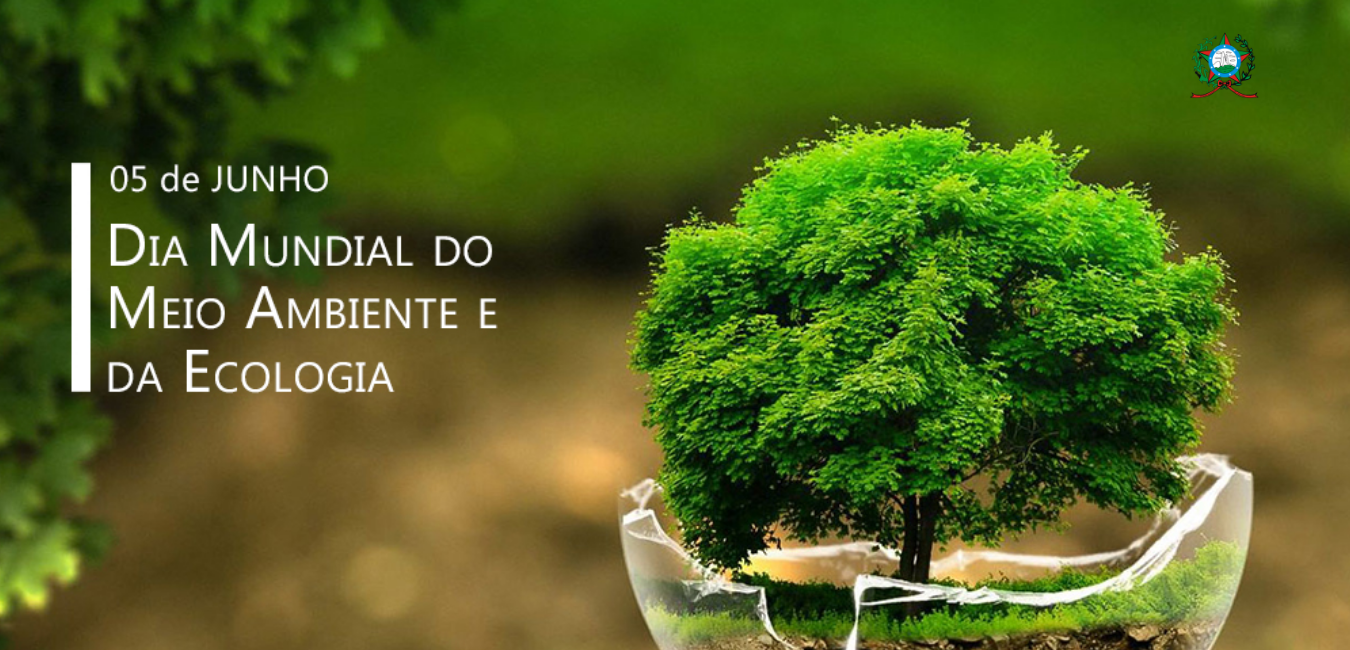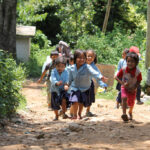1. Objectives
1.1. Main objectives:
– Introduce the concepts of recycling and sustainability in a simple and playful way for Early Childhood Education students.
– Awaken children’s interest in the importance of recycling in preserving the environment.
– Encourage sustainable attitudes and behaviors from an early age in children.
1.2. Secondary objectives:
– Promote awareness about the importance of separating waste correctly.
– Encourage children’s creativity in the production of recyclable materials.
– Develop motor and cognitive skills through practical and playful activities.
2. Introduction
To start the class, the teacher can have an initial conversation on the topic of recycling, asking children about what they understand by recycling and why it is important to recycle. Then, you can tell a simple story about the importance of taking care of the environment and introduce the concept of recycling in a light and accessible way to children.
3. Development
3.1. Practical activities:
– Activity 1: Waste separation: Divide the recyclable materials (paper, plastic, metal, glass) and ask the children to separate them into different recycling boxes.
– Activity 2: Making recyclable materials: Invite children to create toys or objects using recycled materials, such as plastic bottles, toilet paper rolls, cardboard boxes, among others.
4. Return
4.1. Learning Check:
After the practical activities, the teacher can promote a conversation circle to check what the children learned about recycling and sustainability, reinforcing the importance of correctly separating waste and reusing materials.
4.2. Student feedback:
Asking children to draw or tell a story about what they learned in recycling class, allowing them to creatively express what they absorbed during the activities.
5. Homework
Suggest that children observe at home which waste is recyclable and separate them correctly, encouraging the practice of concepts worked on in the classroom.
6. Conclusion
To end the class, the teacher can reinforce the importance of recycling and sustainability, encouraging children to be agents of change in their homes and communities. It can also highlight how recycling contributes to preserving the environment and a more sustainable future for everyone. In addition, you can propose future activities related to the topic, such as visits to recycling centers or creating awareness projects at school.


